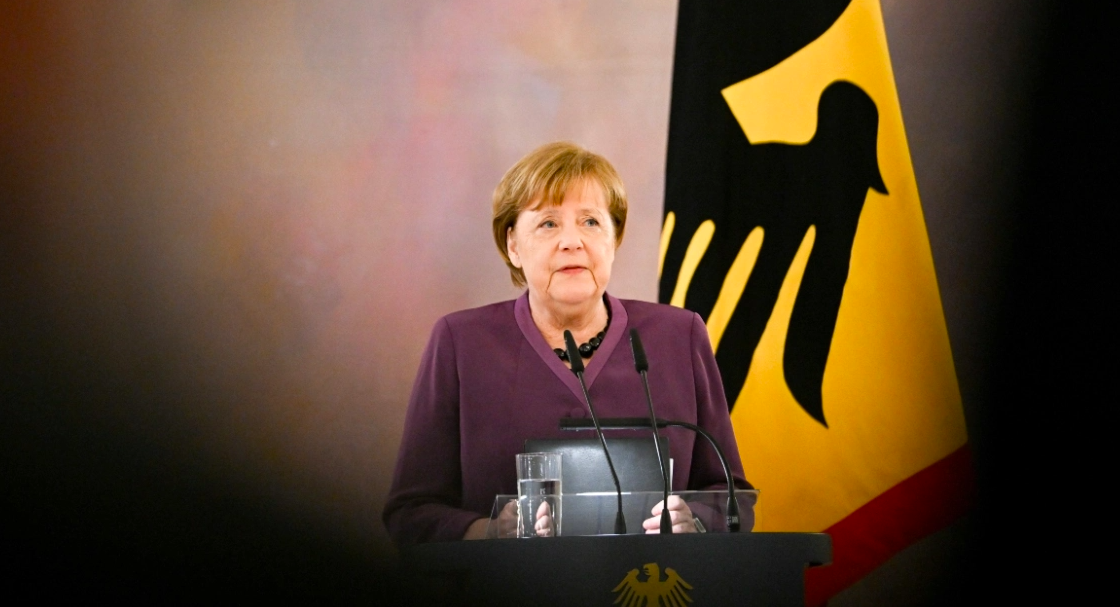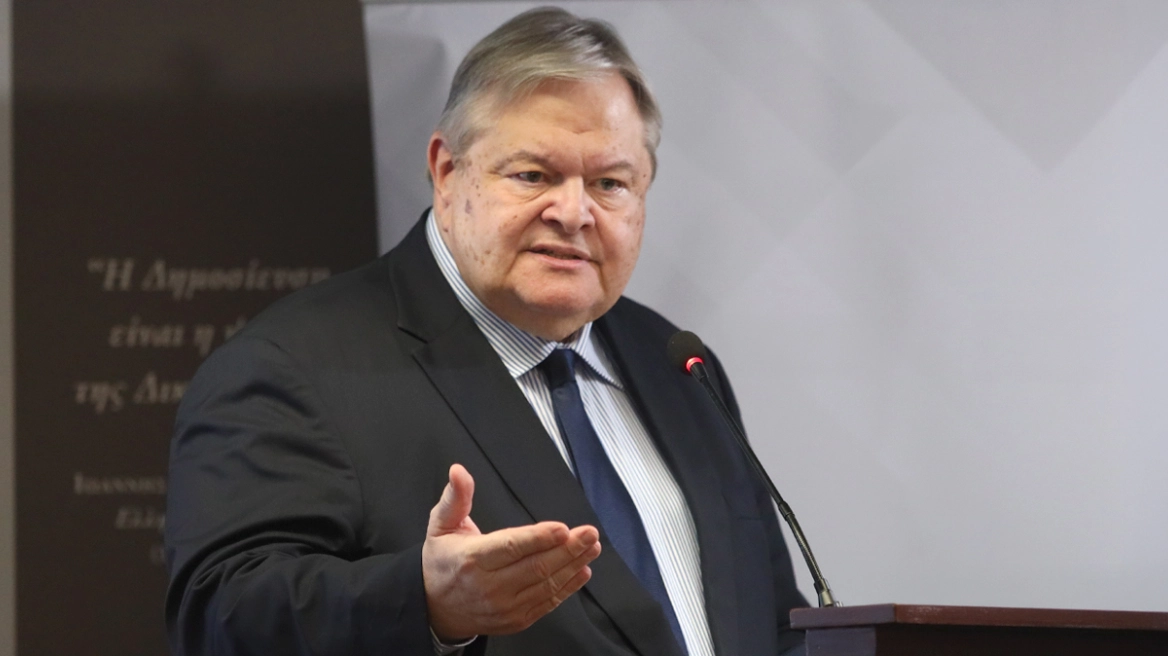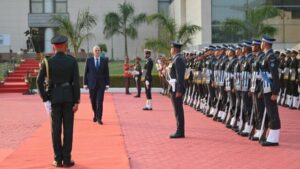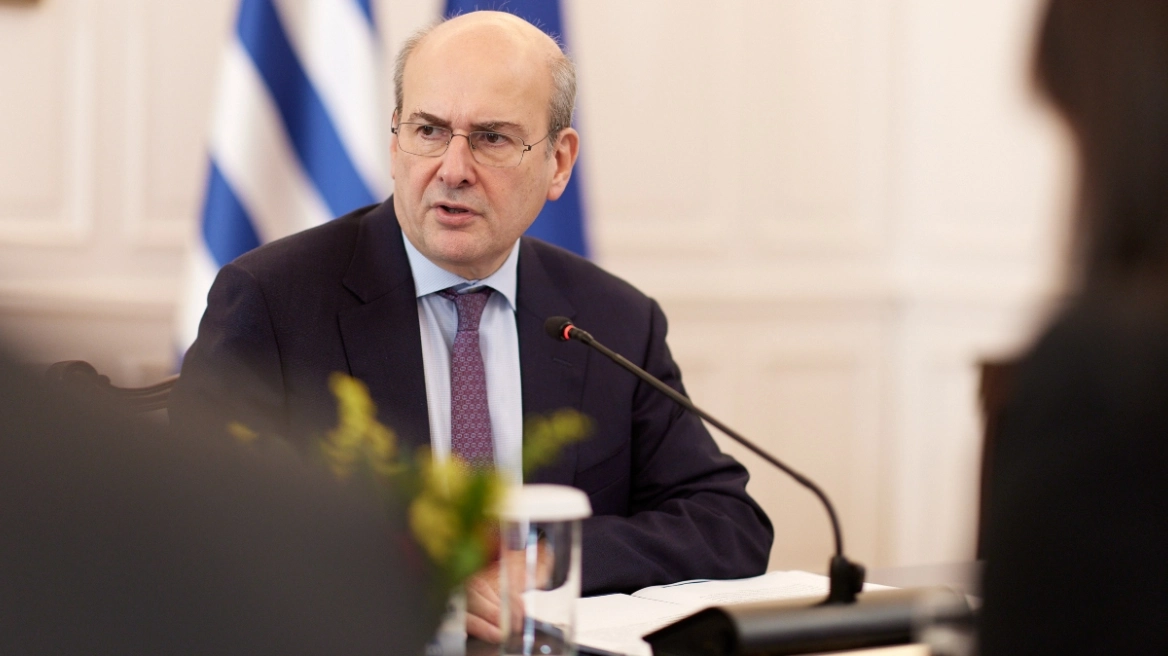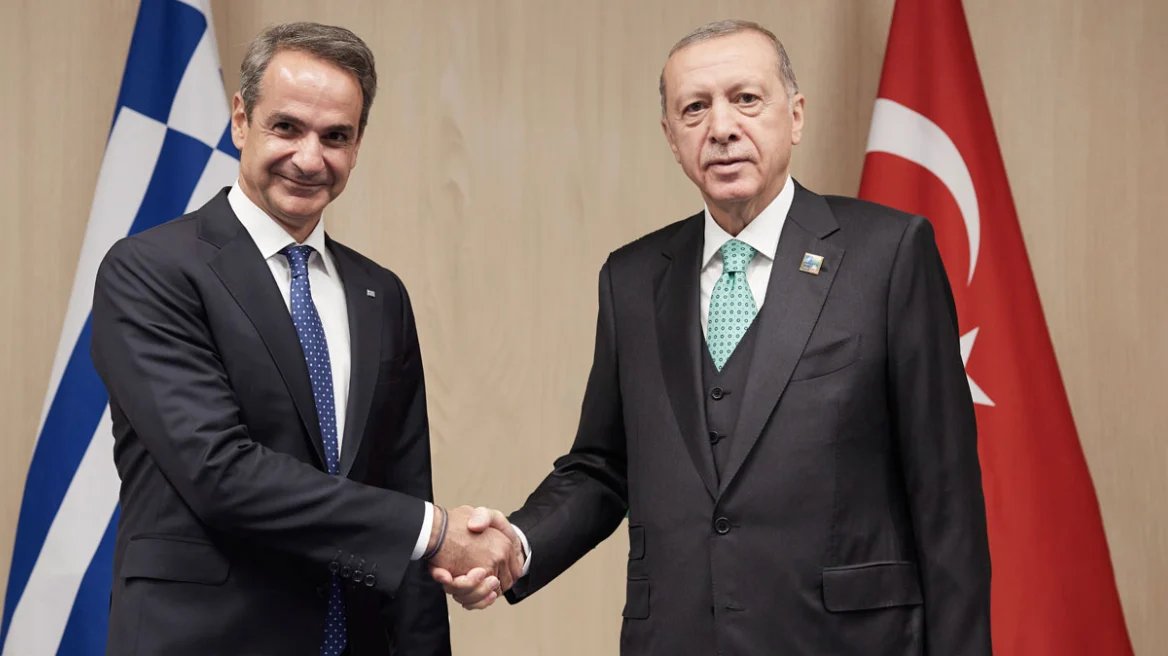As the release of her memoir Freedom approaches, former German Chancellor Angela Merkel reflects on the Ukraine war, nuclear threats, her handling of Donald Trump, and key moments with Alexis Tsipras.
Angela Merkel, often hailed as the world’s most powerful woman and a pivotal EU leader, is stepping back into the public eye ahead of her memoir release. During her 16-year tenure, Merkel faced major challenges, including the Eurozone debt crisis, the 2015 migration crisis, and Russia’s invasion of Ukraine in 2014. Her memoir offers new insights into these events and her dealings with global leaders like Vladimir Putin, Donald Trump, and Alexis Tsipras.
“The Ukraine War Would Have Started Sooner”
In a rare BBC interview, Merkel defended her chancellorship, arguing that the Ukraine war would have erupted earlier—and perhaps been worse—had NATO pursued Ukraine’s membership in 2008.
“It was clear to me that President Putin would not passively observe Ukraine joining NATO,” she explained, adding that Ukraine was far less prepared for conflict back then compared to February 2022 when Russia launched its full-scale invasion.
On Putin’s Nuclear Threats
Merkel expressed concern about Putin’s nuclear threats, emphasizing the need to avoid paralysis from fear.
“We must do everything possible to prevent the use of nuclear weapons,” she said, acknowledging that Russia remains one of the world’s top nuclear powers. She noted her efforts to secure peaceful cooperation with Russia during her time in office, though these attempts ultimately failed.
German Energy Policy and Russia
During Merkel’s tenure, Germany’s reliance on Russian gas increased significantly, with two direct pipelines constructed between the countries. Ukrainian President Volodymyr Zelensky criticized this as a geopolitical tool for Moscow. Merkel, however, defended the move, citing German business interests and the desire to maintain peaceful ties with Russia.
Migration Policy Legacy
Merkel stood by her 2015 decision to open Germany’s borders to over a million asylum seekers during the migration crisis. While hailed by figures like Barack Obama as courageous and moral, critics argued that it fueled the rise of the far-right AfD party. Merkel acknowledged the AfD’s growth but refused to apologize for her policies, instead urging Europe to combat illegal migration by investing in African nations to address root causes.
Donald Trump and His Potential Return
Merkel reflected on her dealings with Donald Trump, describing him as “very candid” and advising European leaders to clearly present their priorities to him. However, she acknowledged heightened concern among EU leaders about his possible re-election, given his history of imposing trade tariffs and criticizing Europe for low defense spending.
On Alexis Tsipras and the Greek Crisis
Merkel’s memoir dedicates significant space to Alexis Tsipras, Greece’s former Prime Minister, portraying him positively and with sympathy.
She recounts their first meeting in 2015, comparing Tsipras to a celebrity surrounded by photographers. Merkel was surprised when Tsipras confided his support for a “no” vote during Greece’s referendum. She also reminisced about their final meeting in 2019 at a seaside taverna in Kastella.
Angela Merkel’s memoir, Freedom, offers a compelling look into the decisions and relationships that defined her era as one of the world’s most influential leaders.
Ask me anything
Explore related questions
